


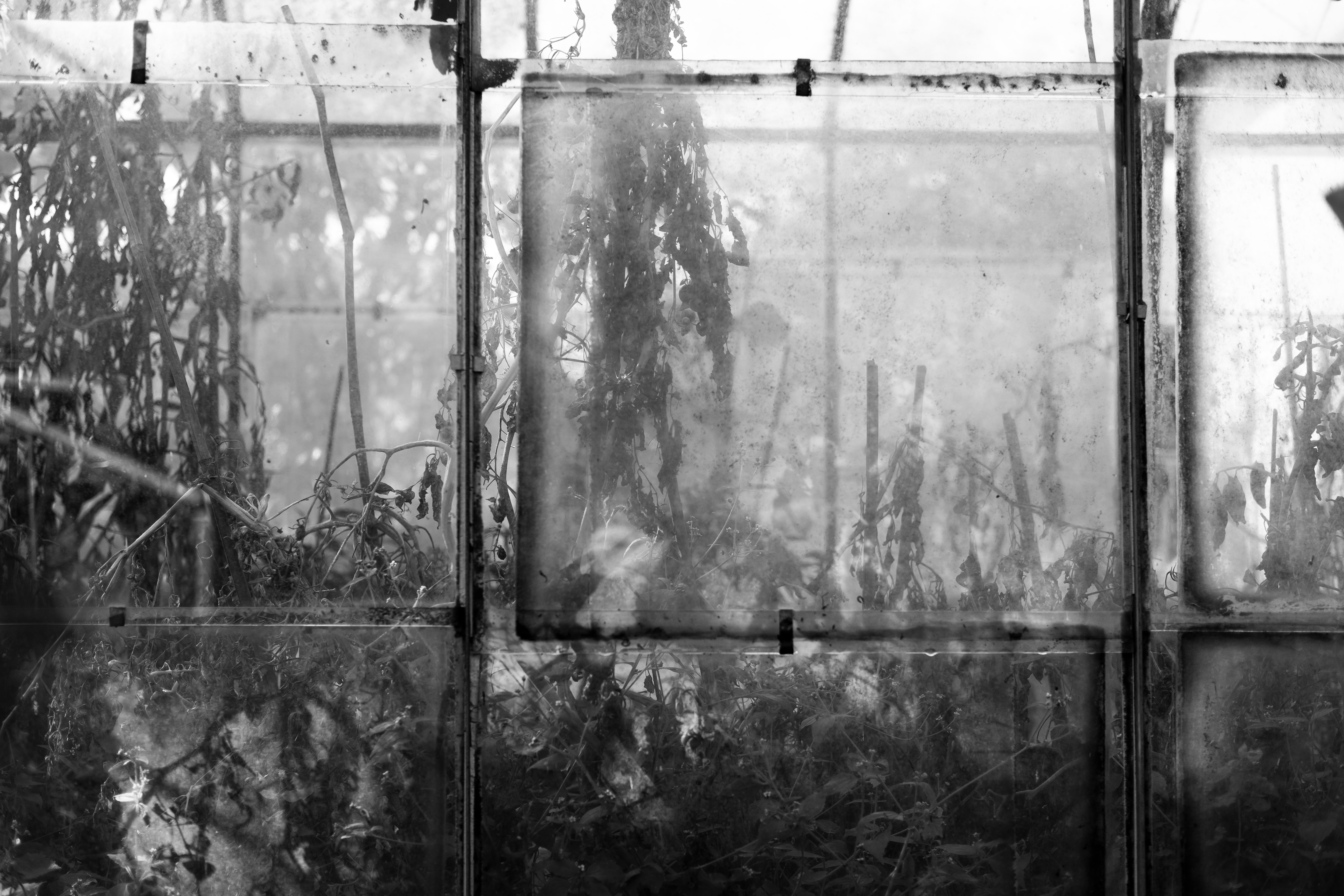
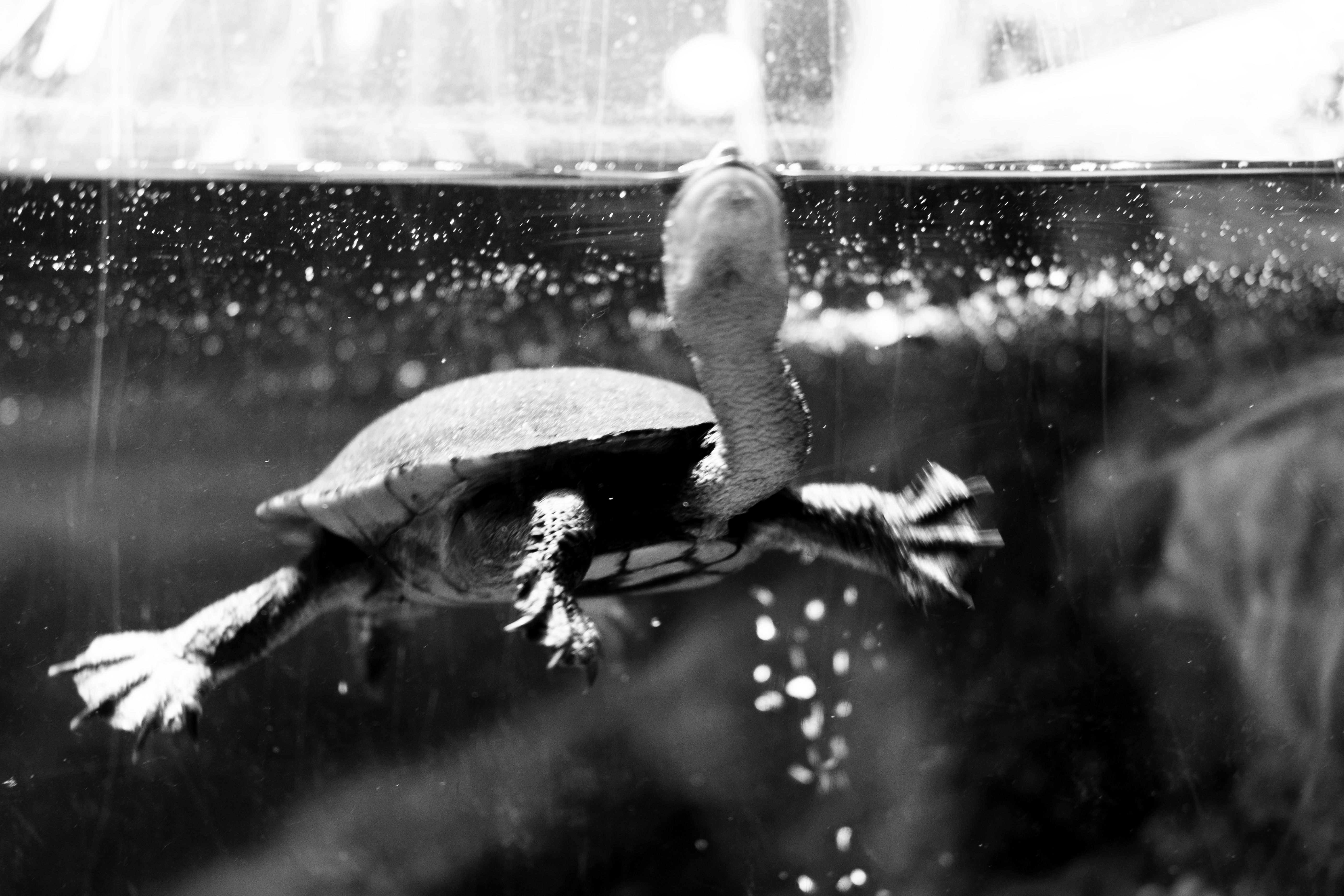
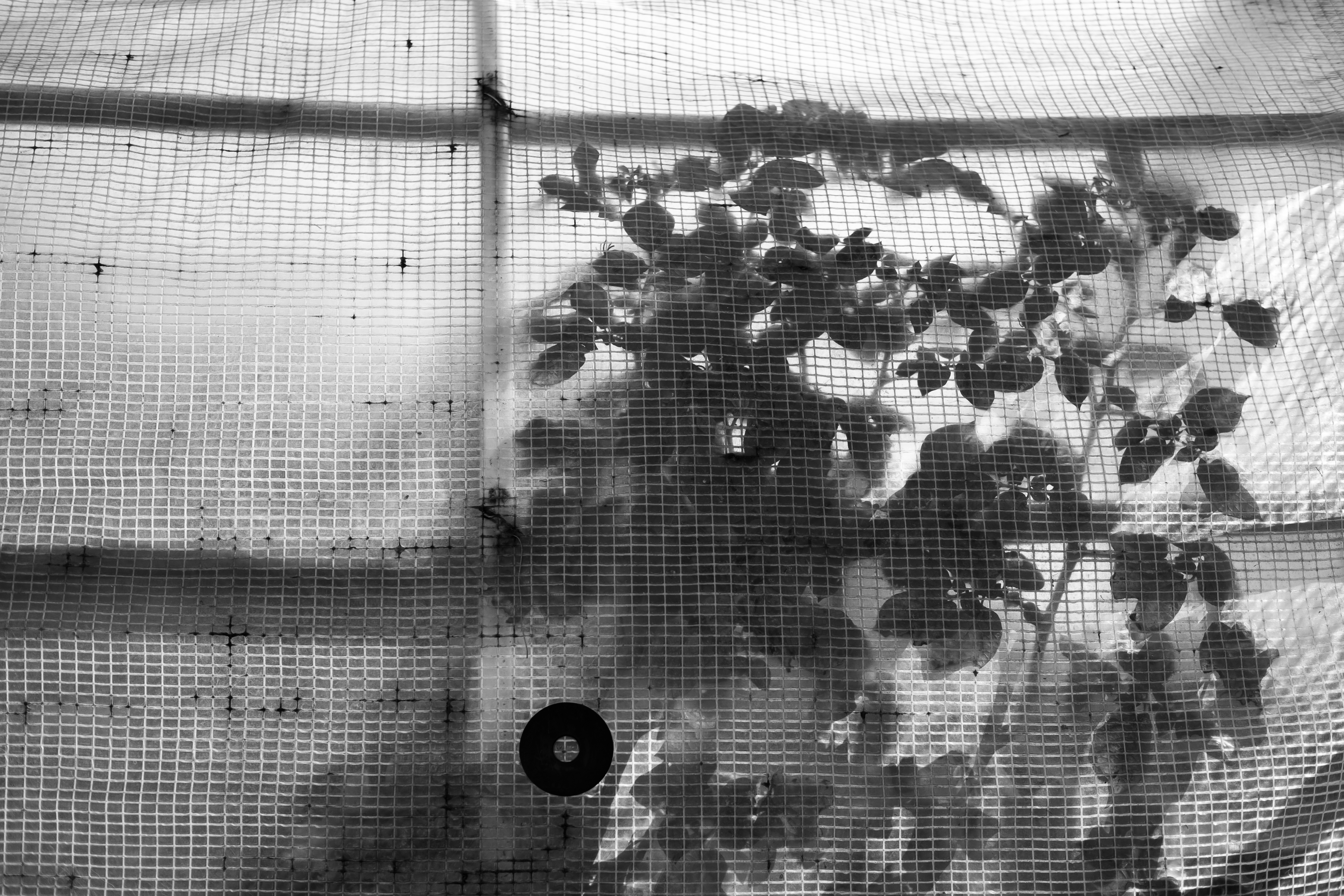

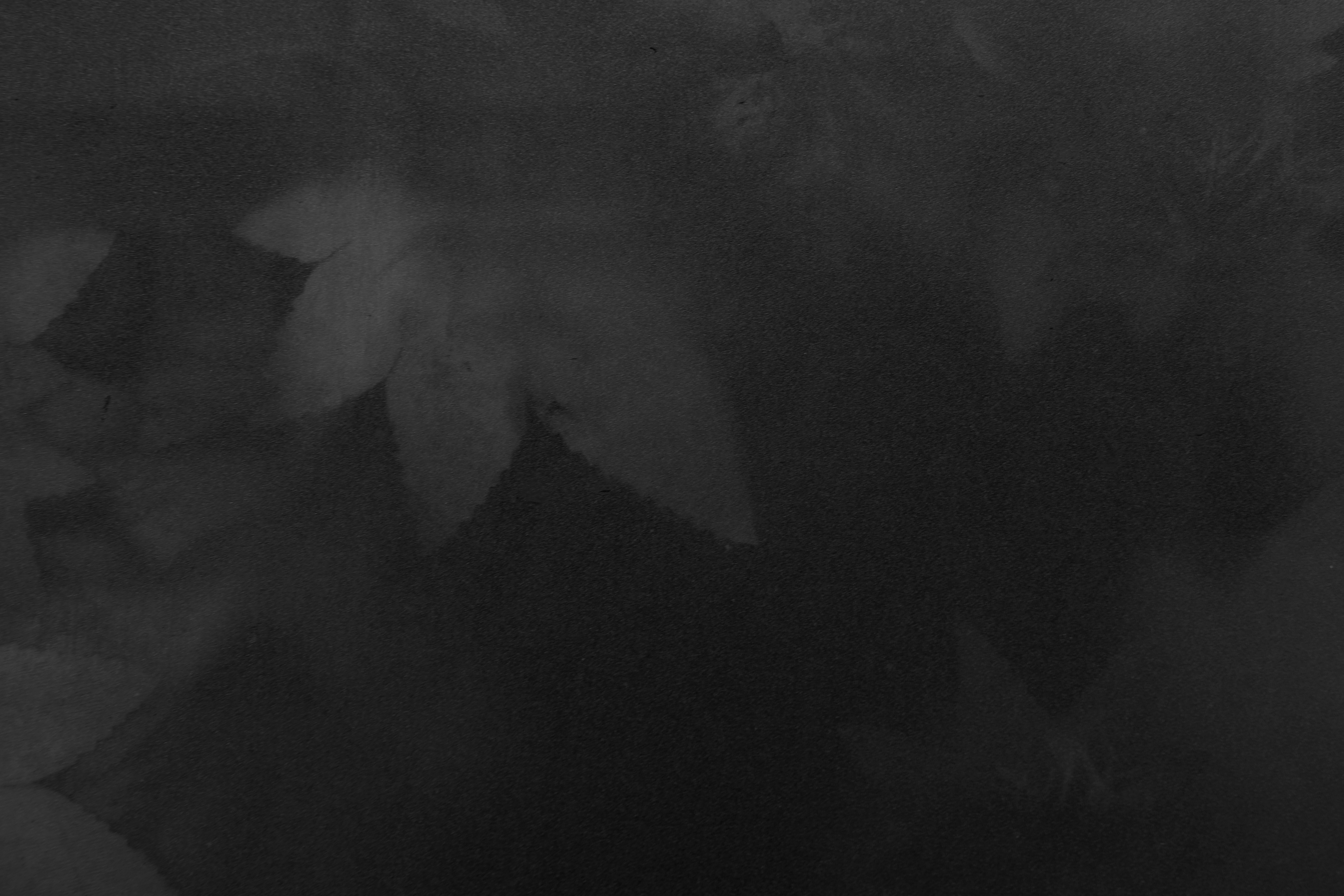


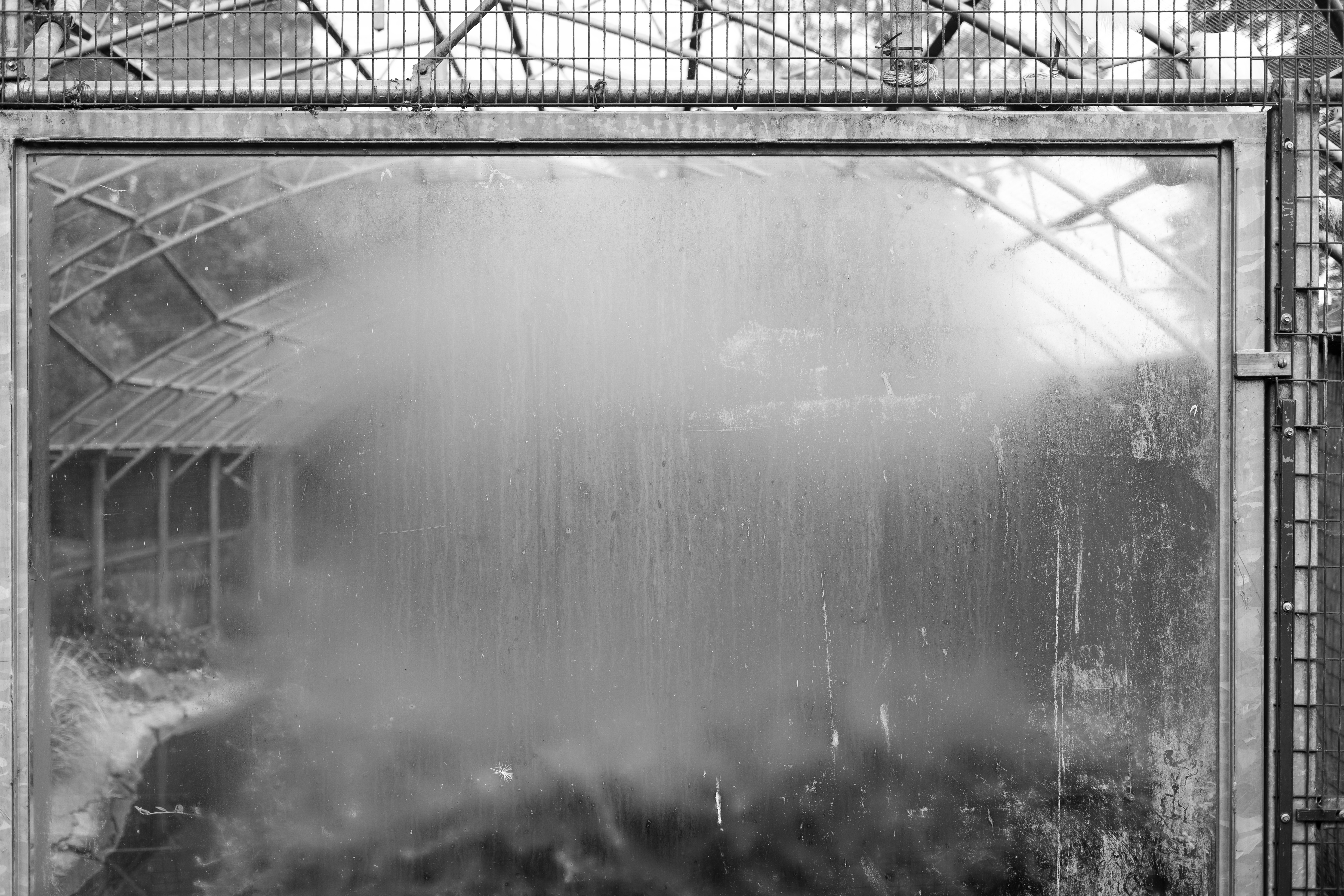
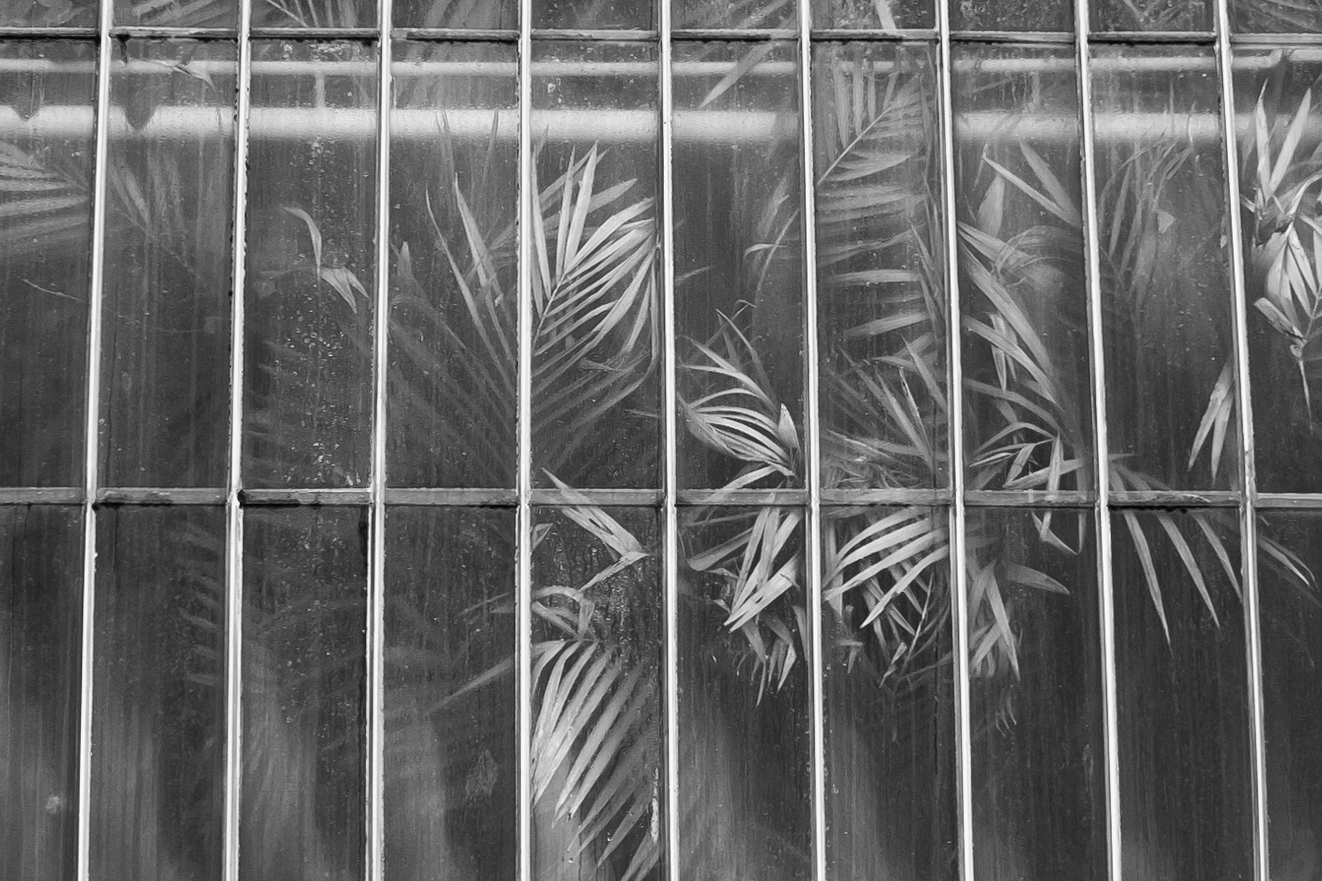
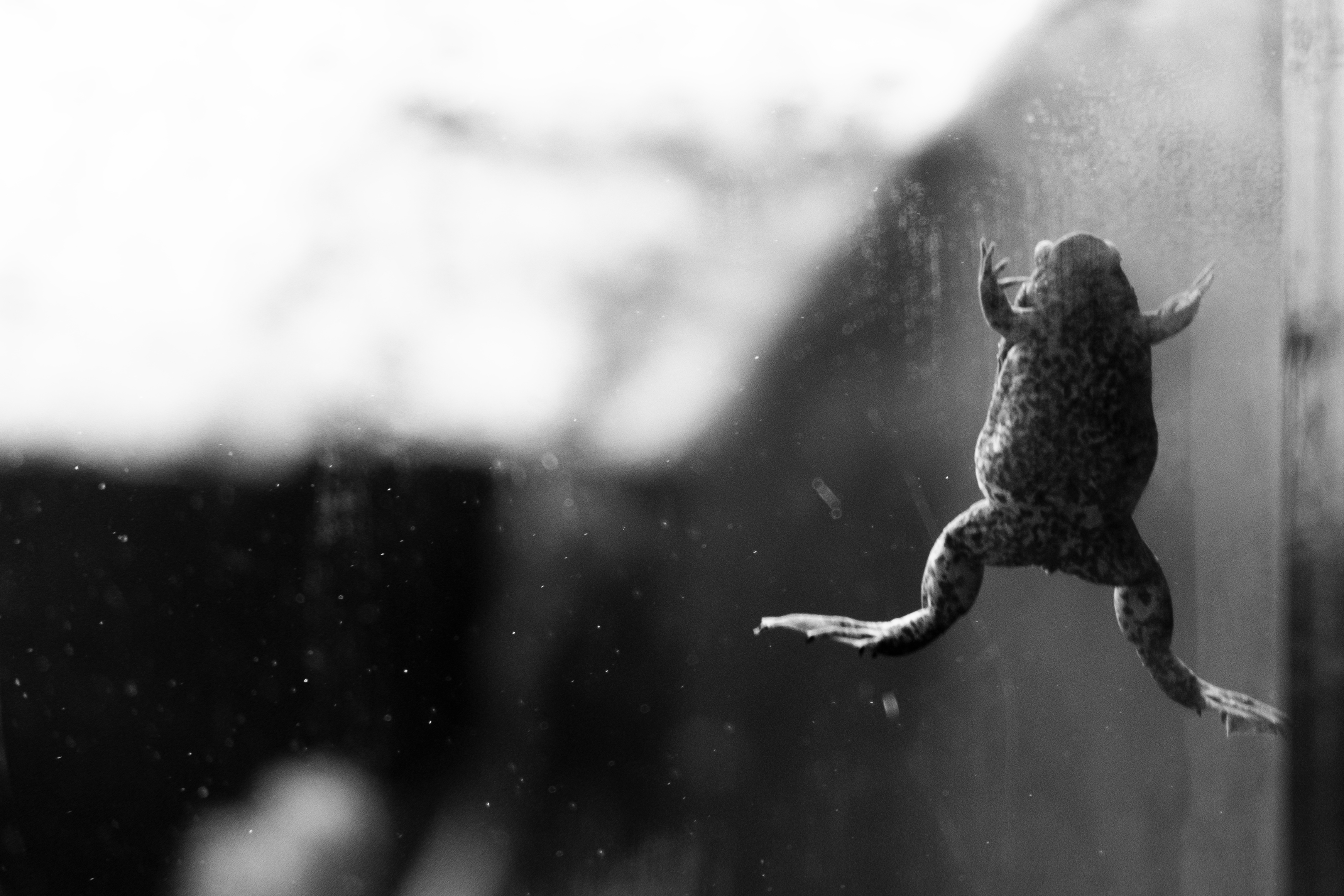
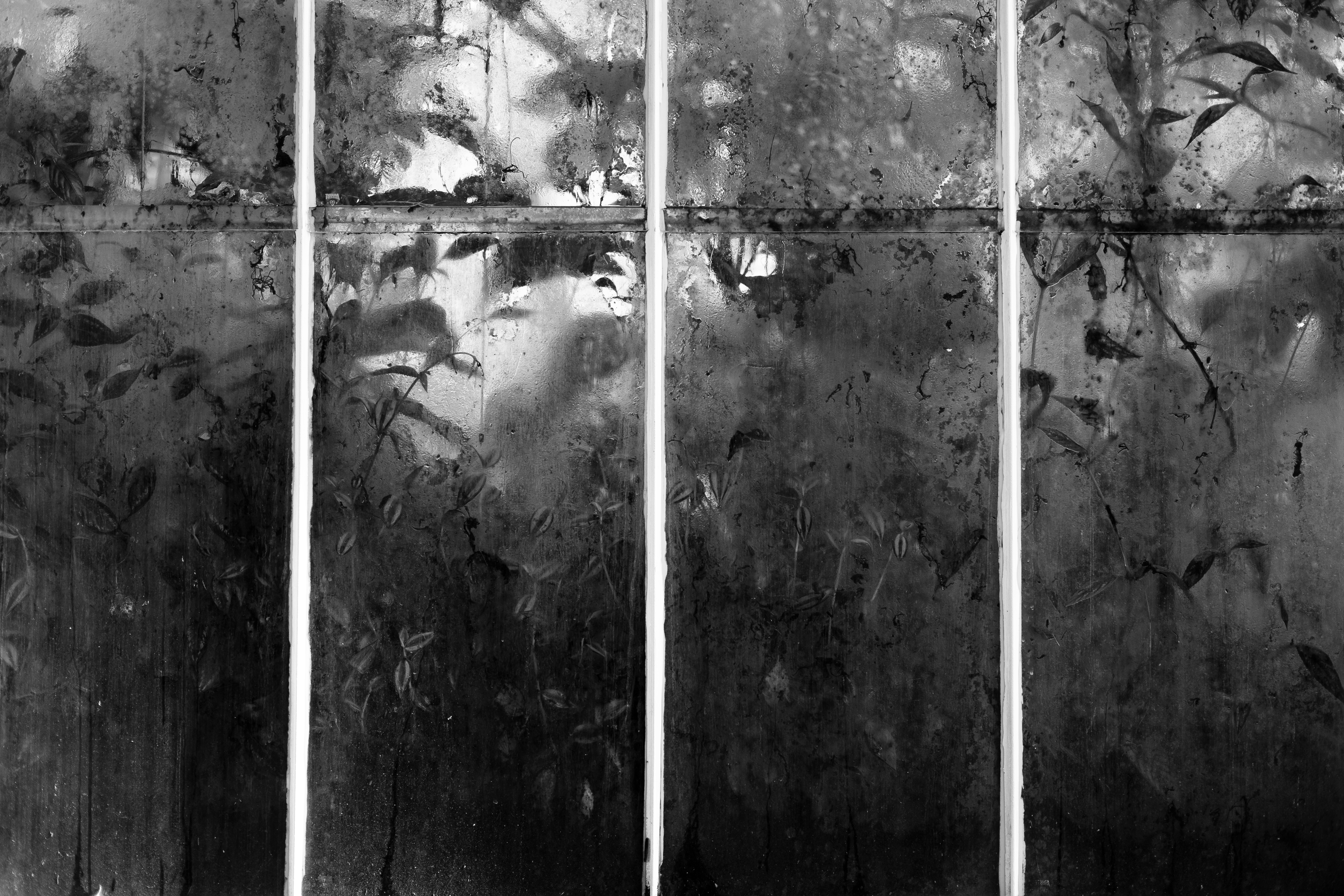


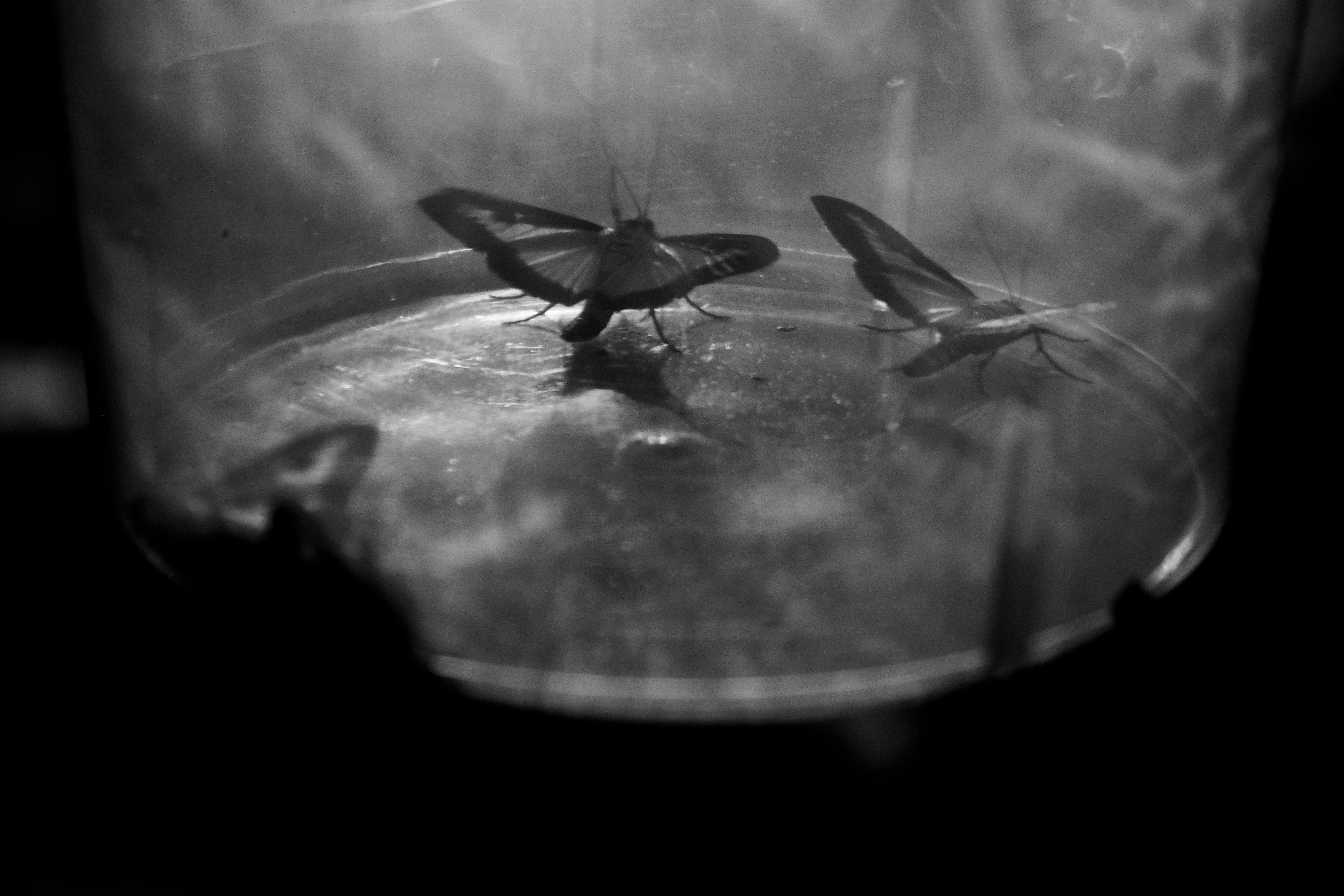
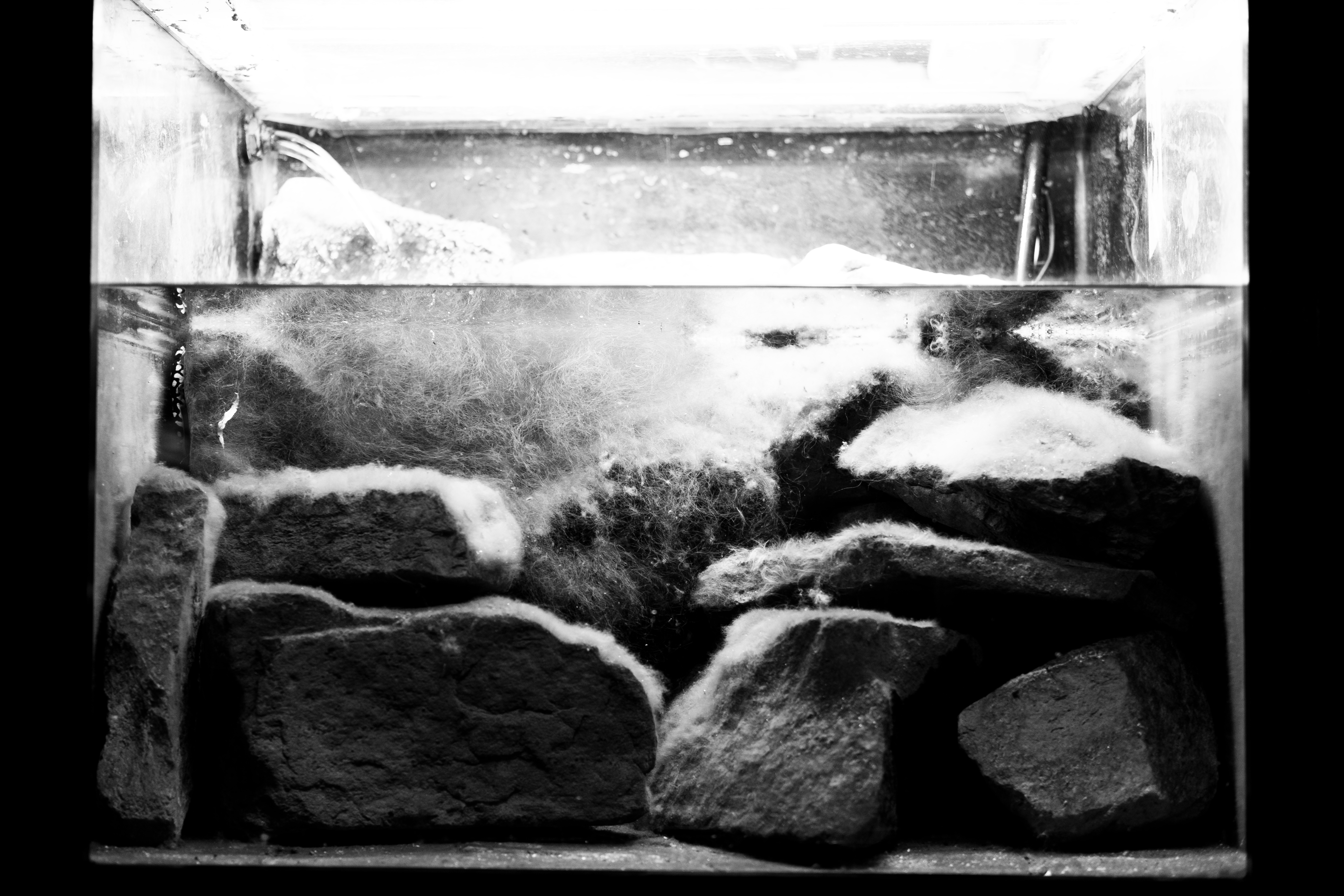

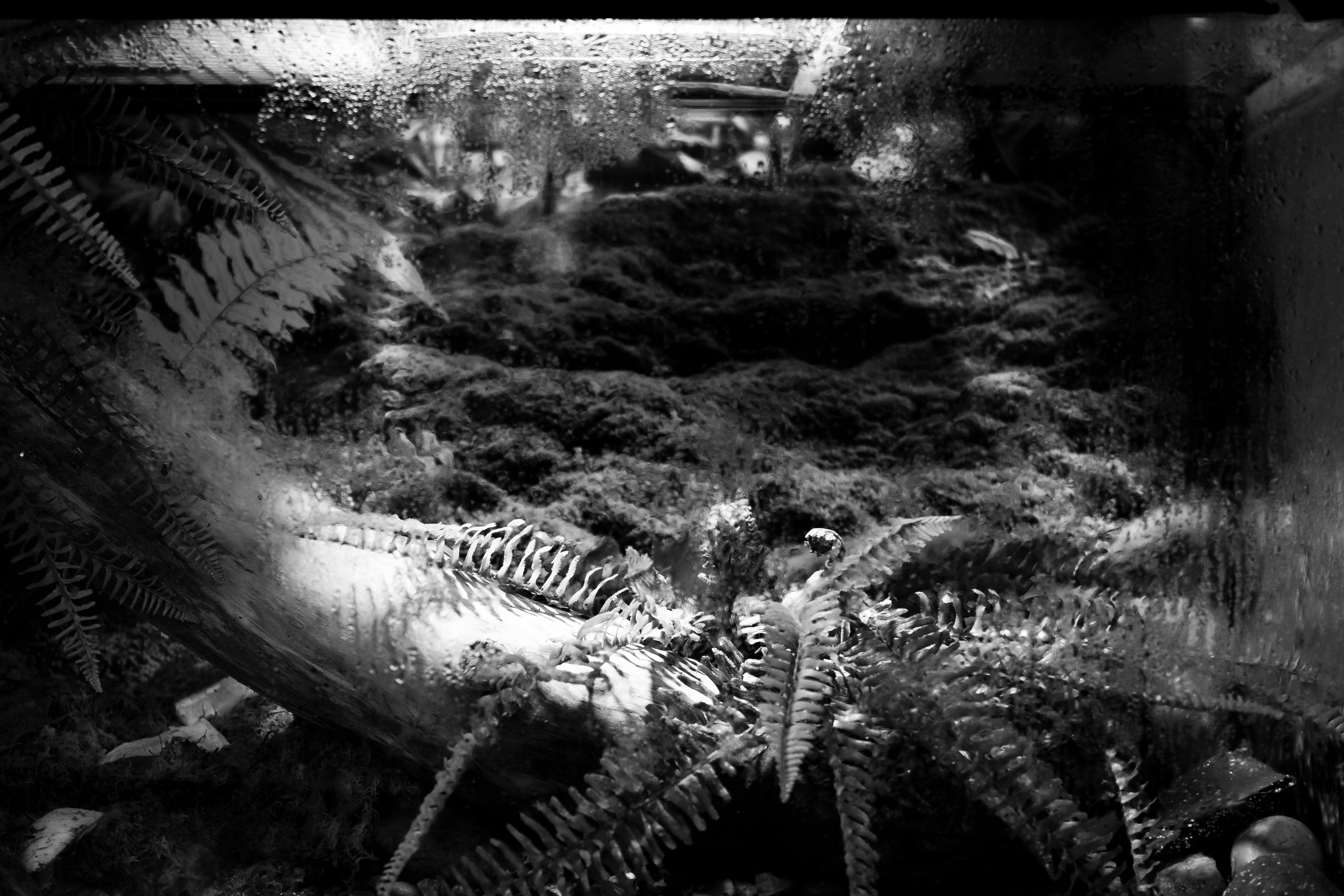
At Night
The Salmon Move
Contradictions define our relationship with the natural world: on the one hand, it is a relationship characterised by control, ownership, exploitation and destruction. On the other, it is one of wonder and veneration, built from our myths and memories.
The Covid-19 pandemic that entered our lives in 2020 has exposed this uneasy relationship. As normal life ceased and we were faced with the unknown, nature became a refuge and a comfort to many. But while nature was a source of solace, it also had another, darker connection to the virus. In June, leaders at the UN, the WHO and WWF International warned that pandemics such as coronavirus are the result of humanity’s destruction of nature: a manifestation of our dangerously unbalanced relationship with the natural world. The pandemic has not just shaken the idea that we can contain, control and reshape nature as we please but it has also revealed how bound up we are with all that is living on our planet.
Part inspired by Simon Schama’s line – “Before it can ever by a repose for the senses, landscape is a work of the mind” – At Night The Salmon Move explores our double sided idea of nature; both dreamlike and nightmarish, the source of our fascination and our fears, alien to us yet inextricably linked to our fate. Focusing on texture, these images play on ambiguity and distortion to mirror our complicated relationship with the natural world and the broader contradictions between our internal and external worlds. The series has also become a reflection of the separation, tension and unspoken anxiety that has lingered over this time.
Contradictions define our relationship with the natural world: on the one hand, it is a relationship characterised by control, ownership, exploitation and destruction. On the other, it is one of wonder and veneration, built from our myths and memories.
The Covid-19 pandemic that entered our lives in 2020 has exposed this uneasy relationship. As normal life ceased and we were faced with the unknown, nature became a refuge and a comfort to many. But while nature was a source of solace, it also had another, darker connection to the virus. In June, leaders at the UN, the WHO and WWF International warned that pandemics such as coronavirus are the result of humanity’s destruction of nature: a manifestation of our dangerously unbalanced relationship with the natural world. The pandemic has not just shaken the idea that we can contain, control and reshape nature as we please but it has also revealed how bound up we are with all that is living on our planet.
Part inspired by Simon Schama’s line – “Before it can ever by a repose for the senses, landscape is a work of the mind” – At Night The Salmon Move explores our double sided idea of nature; both dreamlike and nightmarish, the source of our fascination and our fears, alien to us yet inextricably linked to our fate. Focusing on texture, these images play on ambiguity and distortion to mirror our complicated relationship with the natural world and the broader contradictions between our internal and external worlds. The series has also become a reflection of the separation, tension and unspoken anxiety that has lingered over this time.